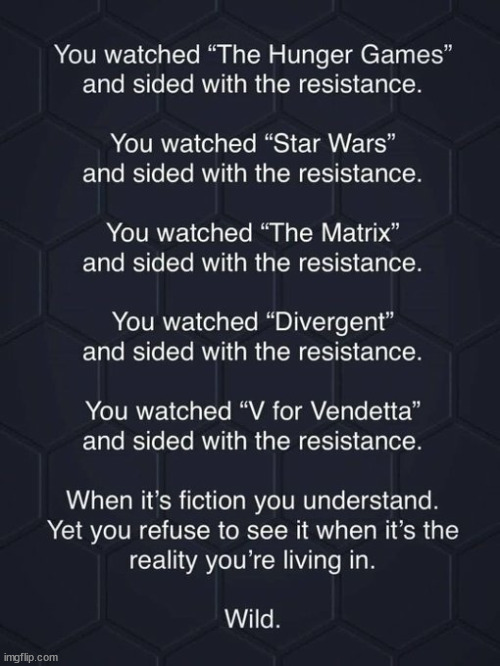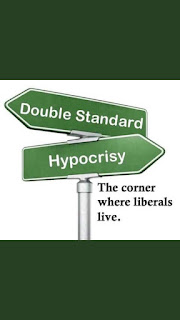Popular culture or pop culture is generally recognized
as a set of practices, beliefs, and objects that are dominant or
ubiquitous in a society at a given point in time.
Popular culture also
encompasses the activities and feelings produced as a result of
interaction with these dominant objects.
Heavily influenced by mass media, this collection of ideas permeates the everyday lives of the society.
Therefore, popular culture has a way of influencing an individual's attitudes towards certain topics.[1] However, there are various ways to define pop culture.[2]
Because of this, popular culture is considered to be an empty
conceptual category, or something that can be defined in a variety of
conflicting ways by different people across different contexts.[3]
It is generally defined in contrast to other forms of culture such as mass culture, folk culture, working-class culture, or high culture and also through different theoretical perspectives such as psychoanalysis, structuralism, postmodernism,
and more.
The most common pop culture categories are: entertainment
(such as movies, music, television, and video games), sports, news (as
in people/places in news), politics, fashion/clothes, technology, and
slang.[4]
as a set of practices, beliefs, and objects that are dominant or
ubiquitous in a society at a given point in time.
Popular culture also
encompasses the activities and feelings produced as a result of
interaction with these dominant objects.
Heavily influenced by mass media, this collection of ideas permeates the everyday lives of the society.
Therefore, popular culture has a way of influencing an individual's attitudes towards certain topics.[1] However, there are various ways to define pop culture.[2]
Because of this, popular culture is considered to be an empty
conceptual category, or something that can be defined in a variety of
conflicting ways by different people across different contexts.[3]
It is generally defined in contrast to other forms of culture such as mass culture, folk culture, working-class culture, or high culture and also through different theoretical perspectives such as psychoanalysis, structuralism, postmodernism,
and more.
The most common pop culture categories are: entertainment
(such as movies, music, television, and video games), sports, news (as
in people/places in news), politics, fashion/clothes, technology, and
slang.[4]

k 

Contemporary Wisdom's RUSE....red flag
https://noqreport.com/2021/11/25/what-is-the-relationship-between-the-political-left-and-globalism/
I thought "PopCultural Revolution" was something not only original thought, but unique.
https://noqreport.com/2021/11/25/what-is-the-relationship-between-the-political-left-and-globalism/
I thought "PopCultural Revolution" was something not only original thought, but unique.
In searching for links, info on such a topic, the link I chose is the one, and only one that tells my "Tony's" original thought was NOT unique.
The Anti-Establishment of Yesterday.....
now the Anti-WarGenerationists in the White House...
The Anti-Establishment of TODAY.....
proclaimed to be the TEA Party and other true Conservatives....
and YET NO ONE...
haven't heard a one....politician, pundit, "journalist" bring out the fact...
that it's now totally REVERSED.
You ok with being proclaimed anti-establishment?
What do The Rolling Stones, The Supremes, The Beach Boys, Elvis Presley, The Velvet Underground, and Woodstock have
in common? They were cultural symbols and products of the Sixties. The
Sixties gave birth to a popular culture in film and music that
reflected and influenced the decade's social upheavals: the rise of Cold War politics, civil rights movements, student protests, and the Vietnam war all profoundly affected American society and culture.
 Ride the Wild Surf, 1964
Ride the Wild Surf, 1964At NYPL, we have a huge collection of books, films, and music from and about the 1960s relating to history, politics, culture, sociology, literature, etc. You can find them all in our new Library catalog: BiblioCommons. You can review, rate or tag the items you have recently viewed and share them with others. The quickest way to find films and music at NYPL is in the catalog: search by TITLE or by KEYWORD, and then switch the formats to DVD for movies or Music CD for music. If you are researching this time period, search under SUBJECT and type or copy/paste "United States -- History -- 1961-1969" for a list of collection relating to that period. You can also narrow down your search by location.
“Critical Theory,” writes Nelson Hultberg in Cultural Marxism: The Corruption of America,
“was the first and most important of these strategies” as it was not
only critical to discrediting capitalism but also social conditions of
contemporary society and existing social institutions. Hultberg
explains, “Under its auspices, every tradition of Western life was to be
redefined as ‘prejudice’ and ‘perverse’. And these redefinition’s were
to be instilled into the social stream via devastating scholarly
criticisms of all values such as family, marriage, property,
individualism, patriotism, faith in God etc.”
Critical Theory precisely defines the
tactics used by progressives today as they attack Christianity,
capitalism, family, patriarchy, hierarchy, morality, tradition, loyalty,
and patriotism. It is this routine and consistent attack on any and all
foundations of our society in which liberalism has destroyed our
culture and advanced its totalitarian agenda. The left, no matter what
they call themselves today, breeds the ideology of totalitarianism as
every single proposed and forced through “reforms” serves to
reduce human personality to its most primitive levels and to extinguish
the highest, most complex, and “God-like” aspects of human
individuality. Even equality itself, while serving as a powerful appeal
to the masses with its great promises of “each according to his need”,
turns out to signify not equality of rights, of opportunities, and of
external conditions, but equality of complete uniformity in thought and
condition.
;










 n
n























































































No comments:
Post a Comment